Celebrating Niue Language Week with new bilingual book Moana Oceania: Niue
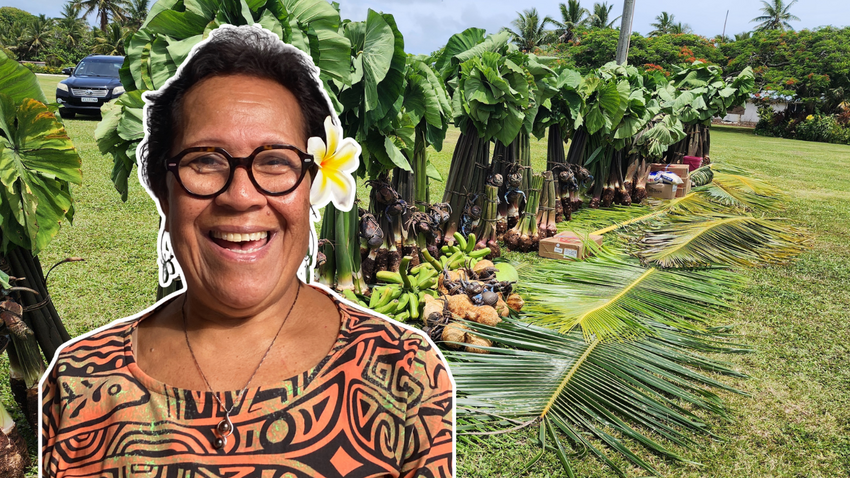
“I worked through the book with a lot of passion knowing that a young Niue anywhere in the world will benefit from it in the future.” — Mele Fakatali Nemaia MNZM
This Niuean Language Week 19–25 October, a new bilingual book is helping keep Vagahau Niue alive for future generations — Moana Oceania: Niue by Mele Fakatali Nemaia MNZM.
The latest release in the Moana Oceania series introduces readers to one of the world’s smallest: The rock of the Pacific - Niue
Written in both English and Vagahau Niue, the book offers insights into Niue’s society, geography, arts, sports, and history, alongside colourful photos, illustrations, and maps.
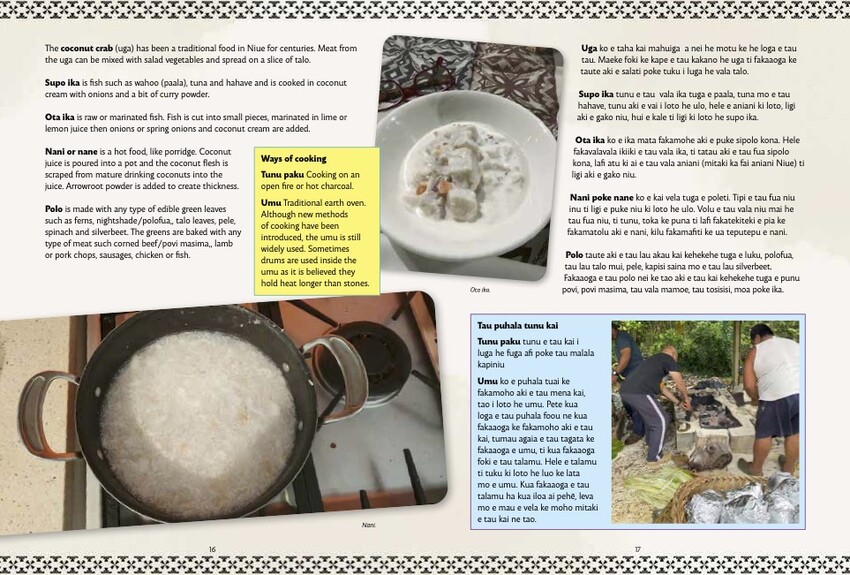
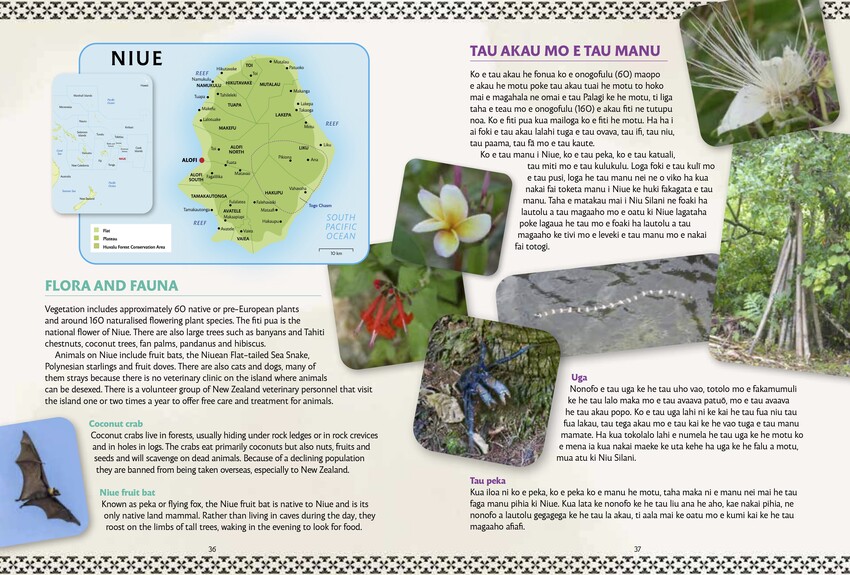
For Mele, an esteemed educator and long-time advocate for the Niuean language, this project is the culmination of decades of work. After almost 40 years teaching in Auckland, she spent much of her career encouraging Pasifika students, especially Niuean children to take pride in who they are.
“It was a long journey, many hurdles and challenges to overcome, but my passion to support anything Niue was my driving element,” she says. “Back in the early 80s, I would read articles showing how Pasifika students were failing, and I was determined to do something about it — especially to teach Vagahau Niue to the Niue students at Favona.”
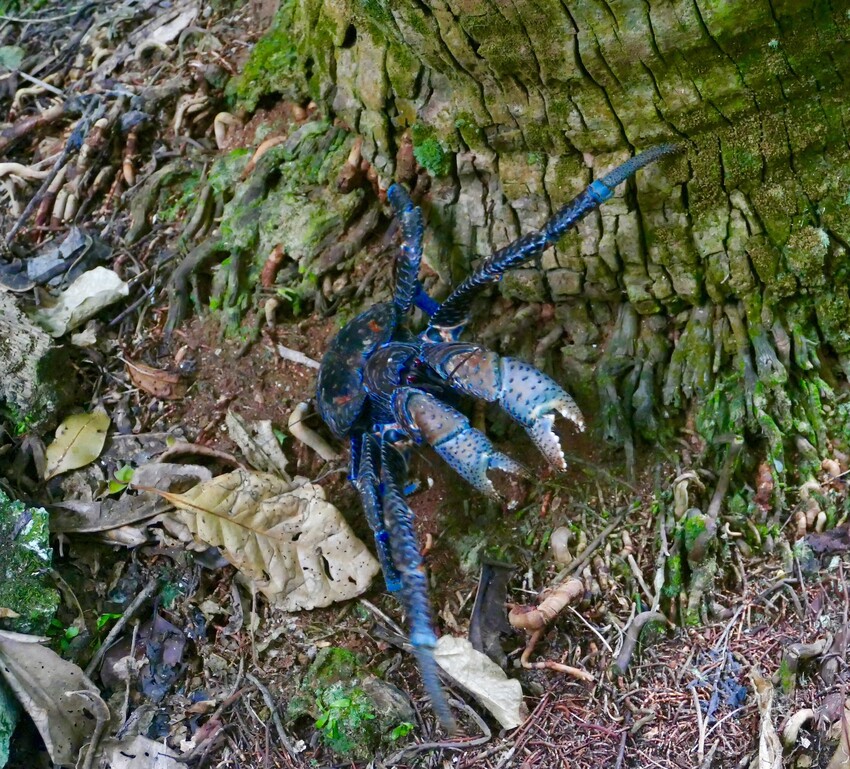
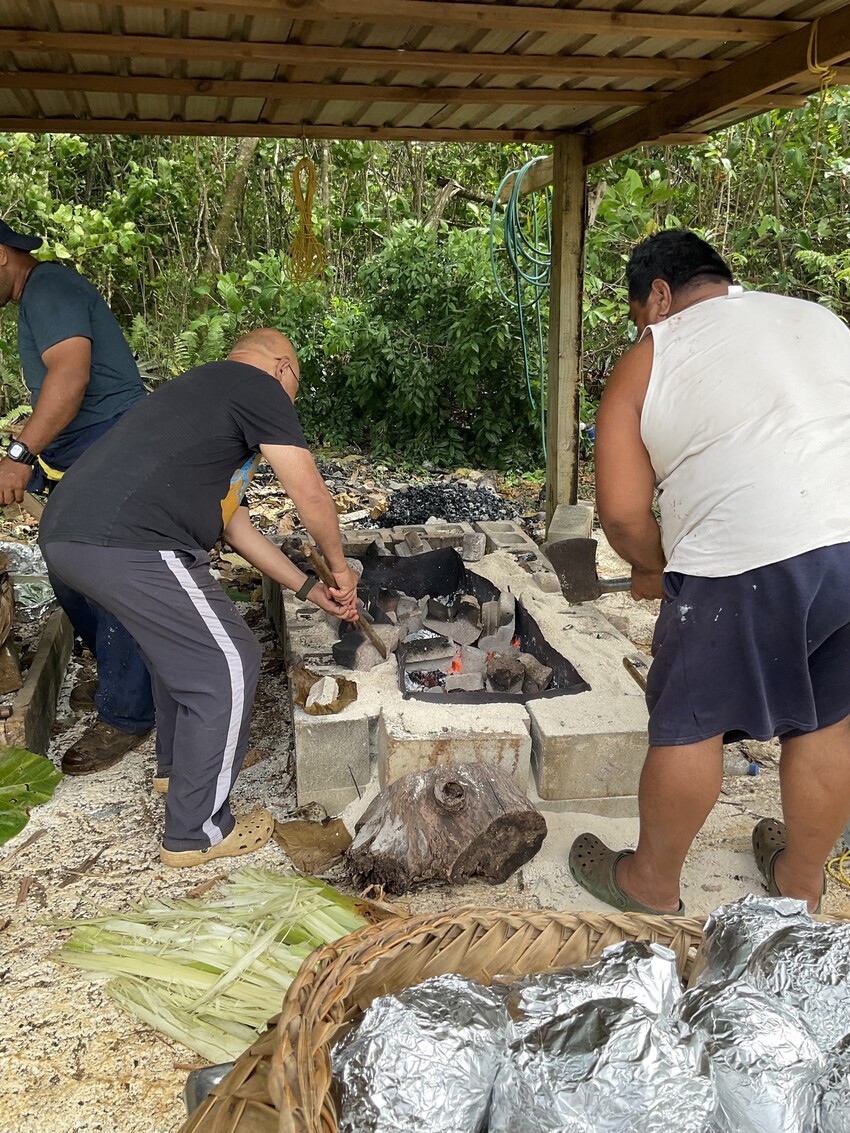
Her years in the classroom shaped the way she approached the book. She says she wanted to make sure every page reflected Niue truthfully, from its history and values to the way people live and celebrate. With a deep understanding of her language and culture, Mele saw the project as a natural extension of her teaching journey, and a way to ensure future generations could access their roots through both languages.
Now based back home in Niue, she says her main motivation was to create something younger Niueans could connect with, wherever in the world they may be.
“I worked through the book with a lot of passion knowing that a young Niue anywhere in the world will benefit from it in the future.”
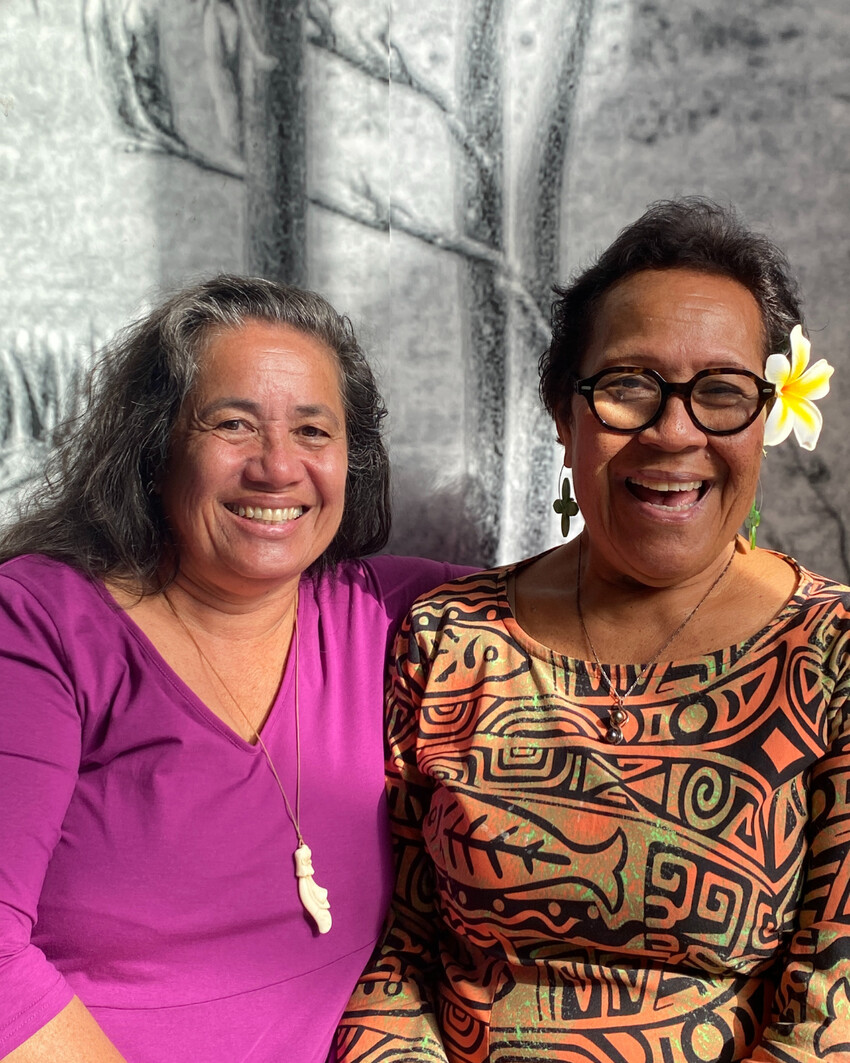
Beyond preserving stories and history, Moana Oceania: Niue carries an urgent message about language and identity. Vagahau Niue is considered one of the most at-risk Pacific languages, and Mele worries that the decline in fluent speakers affects not just communication, but cultural practices and knowledge too.
She points to traditional crafts, weaving, storytelling, and cooking as examples of skills that risk fading without active intergenerational sharing. By creating a bilingual resource, she hopes to give Niuean families abroad an accessible tool to reconnect with these traditions.
“Having this book in bilingual format will definitely help younger generations living abroad,” she says. “It brings hope for our language, which is our identity — Ko e tagata Niue (A Niue person).”
Editorial Director Carolyn Lagahetau, who is of Niuean descent, says the book aims to sustain both the language and culture of the island.
“It’s a resource that celebrates our heritage and ensures Niuean stories are told in our own words.”
-
